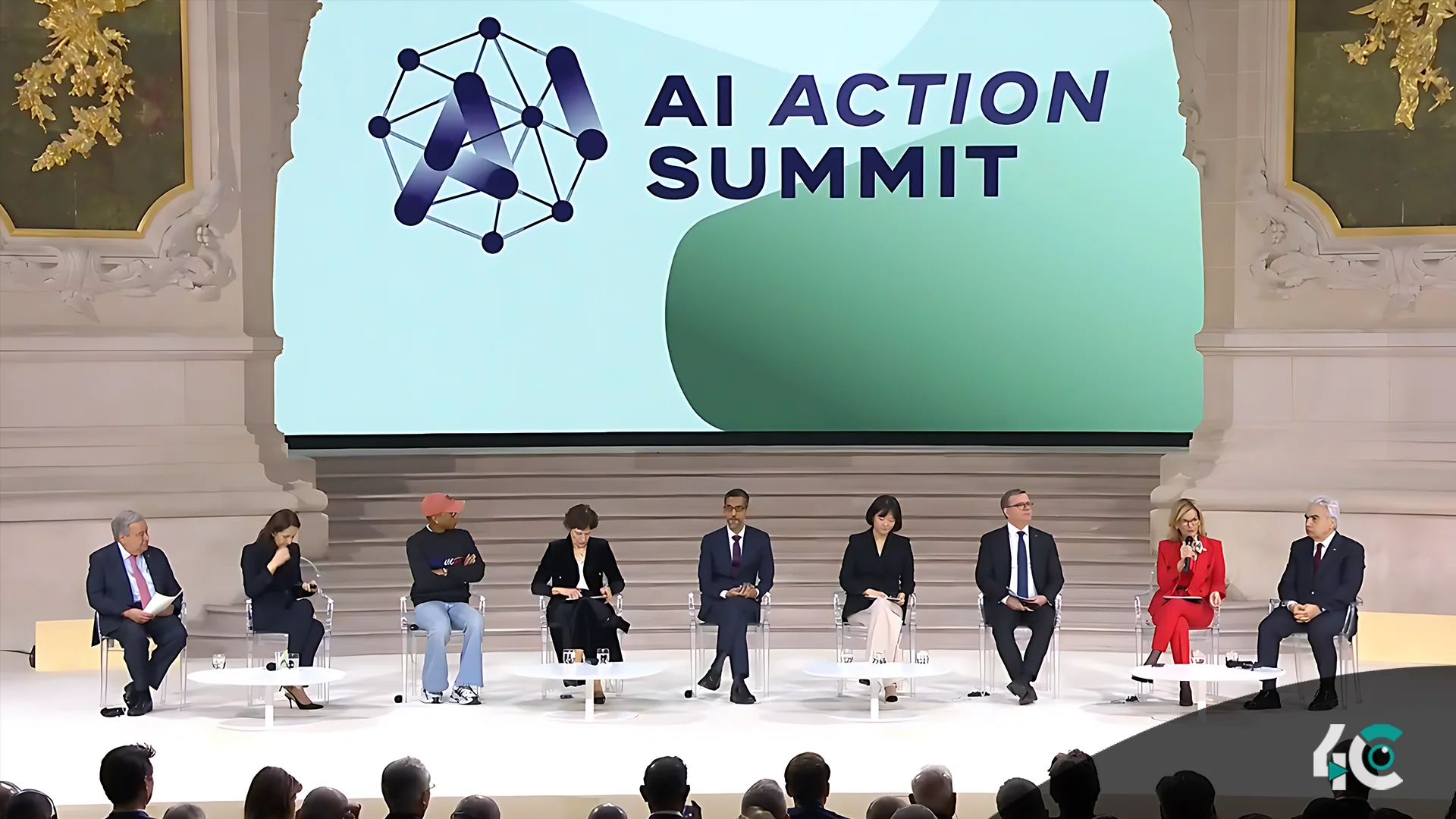Declining to endorse a worldwide declaration on artificial intelligence (AI) at a Paris meeting, the United States and the United Kingdom have justified their rejection by claiming that too restrictive policies could impede creativity and economic development. Although the pact, approved by more than 60 countries, sought to advance moral, open, and safe AI development, both governments chose to abstain, stressing issues over national governance and market competitiveness.
US Vice President JD Vance expressed strong resistance to rigid AI rules, warning that limiting laws could impede technological development. “Over-regulation could paralyze one of the most transforming industries of our time,” he said. Emphasizing the need for artificial intelligence to be free from ideological bias, he also disapproved of content moderation as a type of “authoritarian censorship.”
The UK government expressed similar doubts, claiming that some of the declaration’s language contradicted its AI safety policies. Officials pointed out that the strategy adopted at the meeting was different from the UK’s AI Safety meeting in 2023, which concentrated on juggling risk management with innovation.
Representatives from more than 100 countries—including government officials, academics, and international organizations—assembled the Paris AI Action Summit. Making artificial intelligence more accessible, guaranteeing ethical and safe development, avoiding monopolization, and handling its effects on labor markets and the environment were among the important issues of debate.
The US and UK’s refusal to agree highlights a widening gulf in global artificial intelligence governance notwithstanding general worldwide acceptance. Experts caution that this disjointed regulatory environment could hamper foreign artificial intelligence deployment and investment. Some contend that without a consistent strategy, companies and developers would be unsure about following different national rules.
The argument between supporting innovation and applying protections will probably get more heated as artificial intelligence develops. It remains to be seen whether the US and UK would change their position or advocate other arrangements.






























